Customer Services
Copyright © 2025 Desertcart Holdings Limited



Into the Woods: A Five-Act Journey Into Story


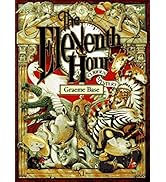
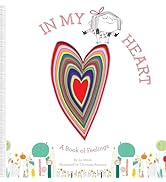

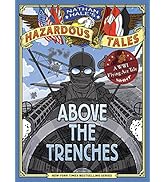
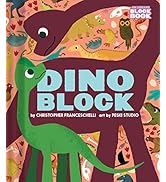
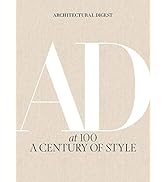
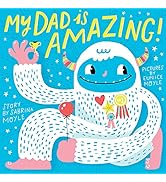
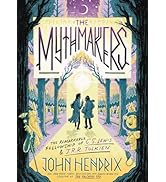

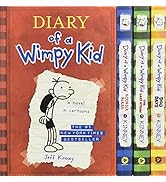
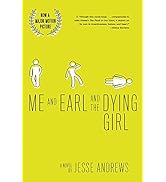

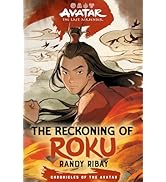
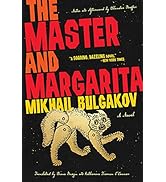
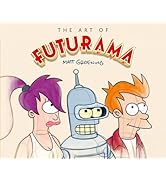

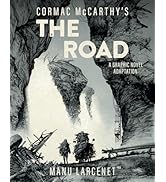

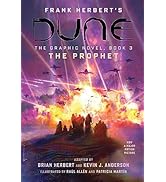
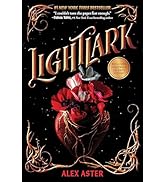

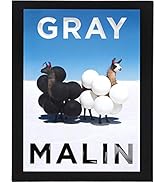
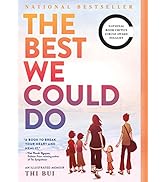
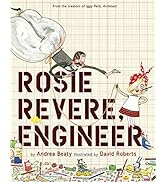
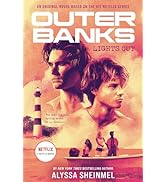

| Best Sellers Rank | #85,800 in Books ( See Top 100 in Books ) #18 in Play & Scriptwriting Writing Reference #29 in Playwriting (Books) #42 in Screenwriting (Books) |
| Customer Reviews | 4.7 4.7 out of 5 stars (485) |
| Dimensions | 6 x 1.15 x 9 inches |
| Edition | Reprint |
| ISBN-10 | 1468310941 |
| ISBN-13 | 978-1468310948 |
| Item Weight | 12.8 ounces |
| Language | English |
| Print length | 336 pages |
| Publication date | October 20, 2015 |
| Publisher | Abrams Press |
A**R
American version
This is the same book as Into The Woods, How Stories Work and Why We Tell Them. This is a bigger format, and twice the price. Photo shows contents of How Stories Work on left and Five Act Structure on right.
J**S
Fat
Why have two books with different names on about the same things. Why do this do me homan.
A**D
Into the Woods
Very well reviewed in the Sunday Times, but you have to have seen many of the films whose plot structures the book regularly cites. There is a synopsis at the end on some of them, but that is not quite the same. An interesting read.
R**Y
Detailed book with useful information
This is a great book. I have been using it to study film I’m university and it’s helped me a lot. Good information about script writing.
F**B
Five Stars
Interesting, concise and insightful.
A**R
Five Stars
Good
A**S
To figure out the WHYs of structuring your novel, read this!
What a fantastic book! Recommended to me by a writer friend. I've gifted copies to a couple of writer friends who LOVE it. I've read lots of books on how to write a novel/tell a story. This one explains WHY some things work and other things don't. It's not formulaic as many other books are. It helped thicken/deepen my writing.
V**O
Un libro práctico
Creo que el el libro funciona muy bien para entender la razón del por qué funciona la estructura de 5 actos.Esto no puede gustarle a muchos, pero a mí me parece que incluye aspectos prácticos muy interesantes.
F**T
Good introduction to humanity's biologically integrated story structure preferences
Good introduction to humanity's biologically integrated story structure preferences. Ploughs a clear path through the misguided Hollywood "formula" and considers both "mystical" and "analytical" approaches to literature and writing.
A**R
Great
I really good book. Helped me a lot with my master thesis.
A**R
Basics for screen writing.
Excellent book.
O**O
Muy bien todo son ningun problema. Asi q perfecto
Ok. Muy bien todo y sin problema asi q lo volveria a comprar for sure muy bien y perfecto de verdad
L**R
Nothing really new, but well done--a good starting point
Story structure books rarely elicit 'meh' reactions--readers either love them as the magic formulas for winning screenplays, or they hate them as hackneyed recipes for mediocrity. This book has generated a fair amount of the latter, particularly with its thesis that all stories are the same.I write as a member of a team. My writing partner is more creative than I am, and a better writer. I am more analytic, and better at story development. Both sides, the analytic and the creative, are essential for good storytelling, which is why we write pretty well together. With that said, this book is for me more than for my partner.There is nothing revolutionary in this book--what is says has been said before, in other places. But it lays out its thesis and argument in an engaging and accessible manner. Read this book before reading Robert McKee--what he has to say will make more sense the first time through. Read it before Blake Snyder--you'll better understand his framework and its limitations.But remember--this is a book of analysis, not creativity. If you belong to the "I just want to tell my story" school of screenwriting, you may view it as a straightjacket on your creativity. If you go down that road, keep in mind that most crappy screenplays are undisciplined attempts by wannabe writers to express some inner vision. Well, that's not what screenplay writing is all about. It's a profession; a highly-disciplined craft of developing and telling well-structured stories that are calculated to appeal to a wide audience. This book will help you learn to do that.
I**H
Drama Demands Transformation
What a great book! John Yorke's Into the Woods is a superb exploration of the theory behind storytelling. I wouldn't call it a "how to" book exactly. It takes more of a "here's why" approach. The author is clearly familiar with the worlds of literature, motion pictures, the stage, and television. In fact, he has had a major role in shaping the television industry, especially in Great Britain. Using Hegelian dialectic (thesis-antithesis-synthesis), he helps the reader understand the archetypal structure of drama and the importance of seeing any well-told story as a change arc. His framing of "theme" as a question leads to the most helpful explanation I have yet to read on the subject. If you want to know more about how stories work to bring about transformation, how they seek to resolve arguments related to universal questions, or how they mirror the working of the human mind, you will love this book.
K**R
A good investment for the studious writer
Learning to write well is difficult on one's own. Writers read like crazy, but what they pick up from other writers is often sketchy or just plain wrong. Story structure is not intuitive.John Yorke makes a very good case for the five-act, as opposed to three-act, structure. Most books on writing structure do break the second act into two related parts, which gives you - ta-da! - five parts. Yorke's breakdown of the purpose of these acts, all different but interrelated, makes sense.There's some very good information here, but the entire book is not cram-packed with it. The later chapters are largely skippable. Still, I gave it four stars for a reason: it's in the headline.
T**D
Particularly good at explaining theme.
I've read many of the books on writing screenplays and fiction, including most of the works that Yorke discusses here. He does a good job of finding their weaknesses, and then posits his own take on how to approach the telling of a story. Because he takes that overall view, this book did a great job of tying them all together for me. His explanation of theme set off a few 'Aha!' moments for me, so I'm thankful for that. It's a fast read that is very efficient with your time, so kudos for that too. Highly recommended!
J**N
A great primer and refresher on the craft of storytelling
This book is a great introduction/refresher to the foundations of storytelling. I didn't many things that were vastly different than what I've read in other craft books, but the way in which the book is organized, as well as its explanations of concepts, are thorough, clear, and provide many examples, particularly from film.I'd say my favorite part was the dissection of the three-act structure, which is a simplified version of the five-act structure. I've always been baffled at the large chunk of the second act, and wondered why it couldn't be broken up into more pieces because surely SOMETHING has to happen with more detail, right? It does, and I feel that Yorke explains it well here.This book is great as a primer or story structure for newcomers, and a great refresher for those looking to keep their craft sharp.
T**S
Some of the best direction and teaching on screen writing.
I've read many of the books from great writing teachers. This is the first book I actually finished reading from cover to cover. I plan on re-reading it to further embed the lessons for easier understanding, comprehension and applying it to my own writing. I took notes as I read the book, and I highly recommend this approach. It helps me in recalling some of the concepts and ideas behind his approach in writing.
K**S
A Fantastic How-to Book on Storytelling Structure
Referencing a lot of the "how-to" books that most writers have read, the author, John Yorke, explores the basic structure of a good story well told. Using plenty of contemporary examples, he's able to clearly make his point(s). Terrific instructions for anyone just starting out in the writing business and a wonderful refresher for those who already earning a living at it.
M**D
Worth reading
It’s interesting even though it reads like beating a dead horse with a log. Also kind of reminds me of Campbell’s Hero of a Thousand somethings, but a bit more honest. Where Campbell tries to overwhelm, Yorke admits his model is flawed and offers an alternative. Worth a read. I don’t think it’s all snake oil.
S**R
Best conceptual story arc for screenwriting ever
This is the most informative and least dogmatic book on the structure of story and from that screenwriting ever. It gives you the information you need to think with all the other how to books. This is a why are stories that way book rather than a how to structure a story or screenplay. Very good
Trustpilot
5 days ago
2 weeks ago